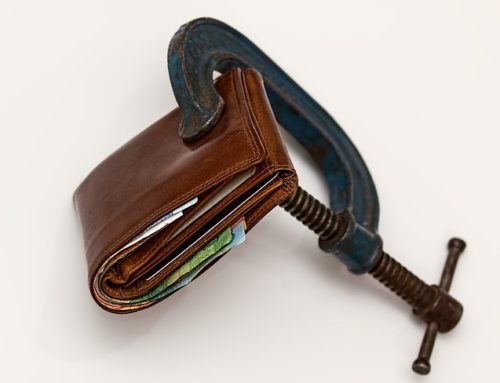Financial distress may drive you to consider seeking out bankruptcy protection, particularly the automatic stay that is put in place when the bankruptcy petition is filed. It’s important to know what is involved in filing for bankruptcy.
To begin with, you should realize that a debtor may choose from the different types of bankruptcy in the bankruptcy code. For a personal bankruptcy, however, you have the options of liquidation (Chapter 7) and reorganization (Chapter 13). Debt settlement via Chapter 13 is not a quick solution, but it does allow you to retain your assets.
Repayment Plan Proposal
Chapter 13 bankruptcies involve debt reorganization. This means that bankrupt filers have to craft a debt repayment plan that the bankruptcy court will approve. You have to come up with a plan that would satisfy your creditors and the bankruptcy trustee of your bankruptcy case; otherwise, they may object to it, something that would have to be addressed by the bankruptcy judge in a confirmation hearing.
Objections to the Plan
 It’s possible for your plan to be disputed by a creditor, the trustee, or the judge. In a bankruptcy, the usual points of objection from creditors are the proposed payment of debts, the claimed expenses, the claimed bankruptcy exemptions, certain debts to discharge, and the trustee’s decision not to liquidate a certain asset.
It’s possible for your plan to be disputed by a creditor, the trustee, or the judge. In a bankruptcy, the usual points of objection from creditors are the proposed payment of debts, the claimed expenses, the claimed bankruptcy exemptions, certain debts to discharge, and the trustee’s decision not to liquidate a certain asset.
If there’s an objection from your trustee, it would probably involve your plan to pay your debts if he or she deemed it to be not adequate according to bankruptcy laws, or the capacity of your monthly income to keep up with your monthly payments.
There are Chapter 13 bankruptcy filings that do not raise disputes. If this is true for your case, your judge might simply review your submitted confirmation order. There are undisputed bankruptcy cases, however, in which hearings are still held so judges may have the opportunity to discuss the payment plan with the debtors.
Discharge Objections
There are two main types of discharge objection that your creditors or trustee could raise.
- General Discharge
This is quite unusual, but when a creditor or your trustee is generally against your bankruptcy discharge, the opposing party has to file an adversary proceeding within 60 days of the first date scheduled for the meeting of creditors. It has This has to be supported by evidence that you showed egregious wrongful conduct by committing fraud, perjuring yourself, destroying property, or committing any other criminal or quasi-criminal deed.
- Debt Discharge
One of your creditors may oppose the discharge of a particular debt for reasons such as serious misconduct, intentional wrongdoing, or even a less serious cause such as omitting the debt from your bankruptcy documents. If the objection prevails, the specified debt will not be dischargeable after completion of the repayment plan and the bankruptcy process.
Resolution of Objection
All involved parties may defend their position at the confirmation hearing. You may not have to attend if you’re sending your bankruptcy lawyer for legal representation. It’s possible that the judge will insist on the attendance of the different parties so he or she can directly question them. You should also note that a judge may deem it necessary to call for a hearing even when there’s no objection if he or she has concerns about the filer’s ability to execute the proposed repayment plan.
The judge usually doesn’t give a final determination at the first hearing, giving the different parties the chance to resolve the dispute on their own. If they can’t come to an agreement, the judge will then make a decision based on the presented evidence.
Need Help Filing Bankruptcy? Consult a Washington Bankruptcy Attorney Today!
Do you want to file for bankruptcy under the reorganization bankruptcy chapter? Get legal advice and representation by hiring one of Washington’s experienced bankruptcy lawyers. Guidance is invaluable even in the time before filing as you fill out bankruptcy forms and gather all pertinent documents. You can use legal help all throughout the bankruptcy proceedings and even after bankruptcy when your debt is wiped out.
If you want to solve your financial problems and get out of debt, declaring bankruptcy might be the solution. Get legal assistance in filing for bankruptcy or with any issue concerning bankruptcy law. Call us at Northwest Debt Relief Law Firm and speak with one of our bankruptcy attorneys.











